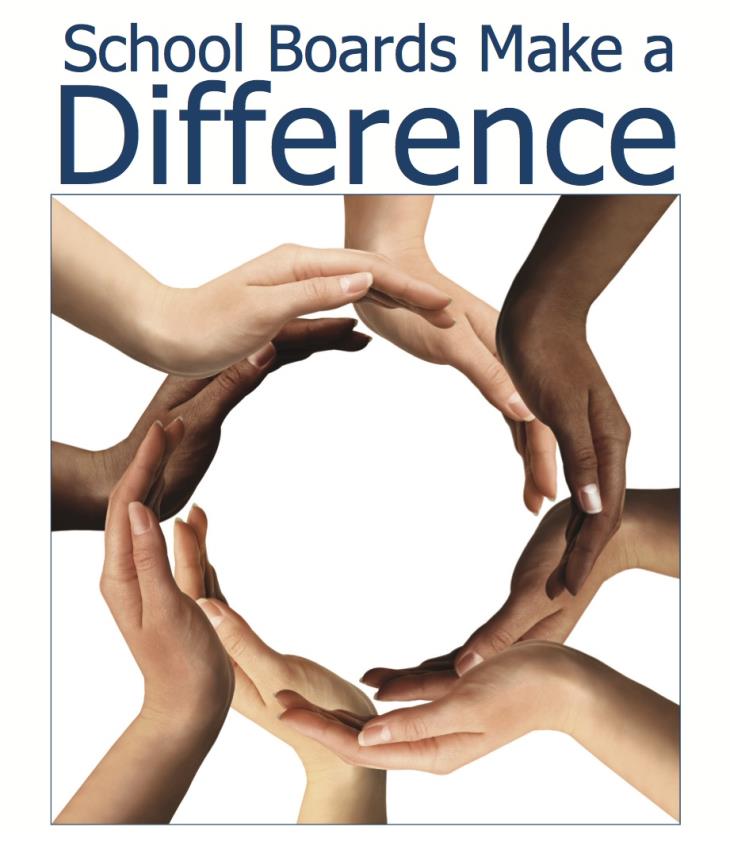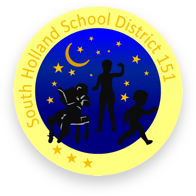Board of ED FAQs
 School Board FAQs
School Board FAQs
In Illinois, public education is the State’s constitutional responsibility. The State delegates to local school boards the authority to govern school districts within the parameters set by State law. Boards are made up of seven school district residents elected at large to serve terms of four years without compensation. So, although the Board is responsible to district voters, it is legally responsible to the State.
What is the Board's role?
The Board’s role is to:
- Adopt goals and policies that meet State requirements and reflect community needs
- Provide the resources necessary to pursue its goals according to its policies
- Monitor district performance to see that results are consistent with goals and policies
What are the Board's duties?
Among the Board’s legal duties are:
- Approving what shall be taught in the schools and which textbooks will be used
- Approving necessary personnel and setting their salaries
- Approving all contracts and paying all bills
- Approving the annual budget
Individual Board Members may not act alone or make decisions that are binding upon the Board. Binding decisions are made only upon a vote taken by the School Board.
Is the Superintendent a Board Member?
No. The Superintendent is the chief executive officer of the school district, a professional educator hired by the Board to carry out its goals and to oversee the district’s operation.
Board of Education Meetings:
The Board has a minimum of one regular meeting per month. The meeting will generally be held on a Monday each month or as specified. Interested citizens are welcome to attend. The meetings are held at 7:00 p.m. Please check the District calendar for dates, times and locations of the meetings or the District website www.shsd151.org for the most up-to-date information.
How are Board Meetings conducted?
Each meeting follows an agenda that establishes the sequence of events for that meeting. Meetings are conducted by the Board President based on a combination of A Commentary on Parliamentary Procedure, common sense and common courtesy. Meetings can last up to two or more hours, depending on the content of the agenda.
Are Board Meetings public?
Board meetings are not meetings of the public; they are meetings held in public. This means that members of the public are welcome to attend to listen and observe, but they are not a part of the board discussion. By law, all Board discussion and deliberation must be conducted in public, except for certain specific matters, such as personnel and student disciplinary cases, which may be discussed in closed session. However, all official Board action (voting) must be taken in public.
 May I speak at a Board Meeting?
May I speak at a Board Meeting?
The tradition has been to allow any visitor the opportunity to comment or ask questions of the board. Visitors may speak at a time specifically set aside during the meeting when visitors are recognized. Groups attending Board meetings are asked to appoint a spokesperson, and all visitors are asked to limit their remarks to five minutes. The Board President recognizes visitors who wish to comment, maintains order during the meeting, and calls an end to comments and discussion when this seems appropriate.
Will the Board resolve my concern?
The Board rarely can be expected to act immediately on an issue brought before it for the first time. Even in the case of more familiar topics, the Board takes action only after it has examined all aspects of an issue. You may, however, expect the Board to act as promptly as circumstances allow and to notify you when it arrives at a decision.
What are Committee Meetings?
Committee meetings are scheduled as needed. These meetings focus upon specific issues related to District policy, services, finance and curriculum.
How do I contact the Board of Education?
You may contact the Board of Education secretary Mrs. Tamila McDade at tmcdade@shsd151.org 708-339-1525 or you may email Board of Education members by clicking on the link on the Board of Education page.
